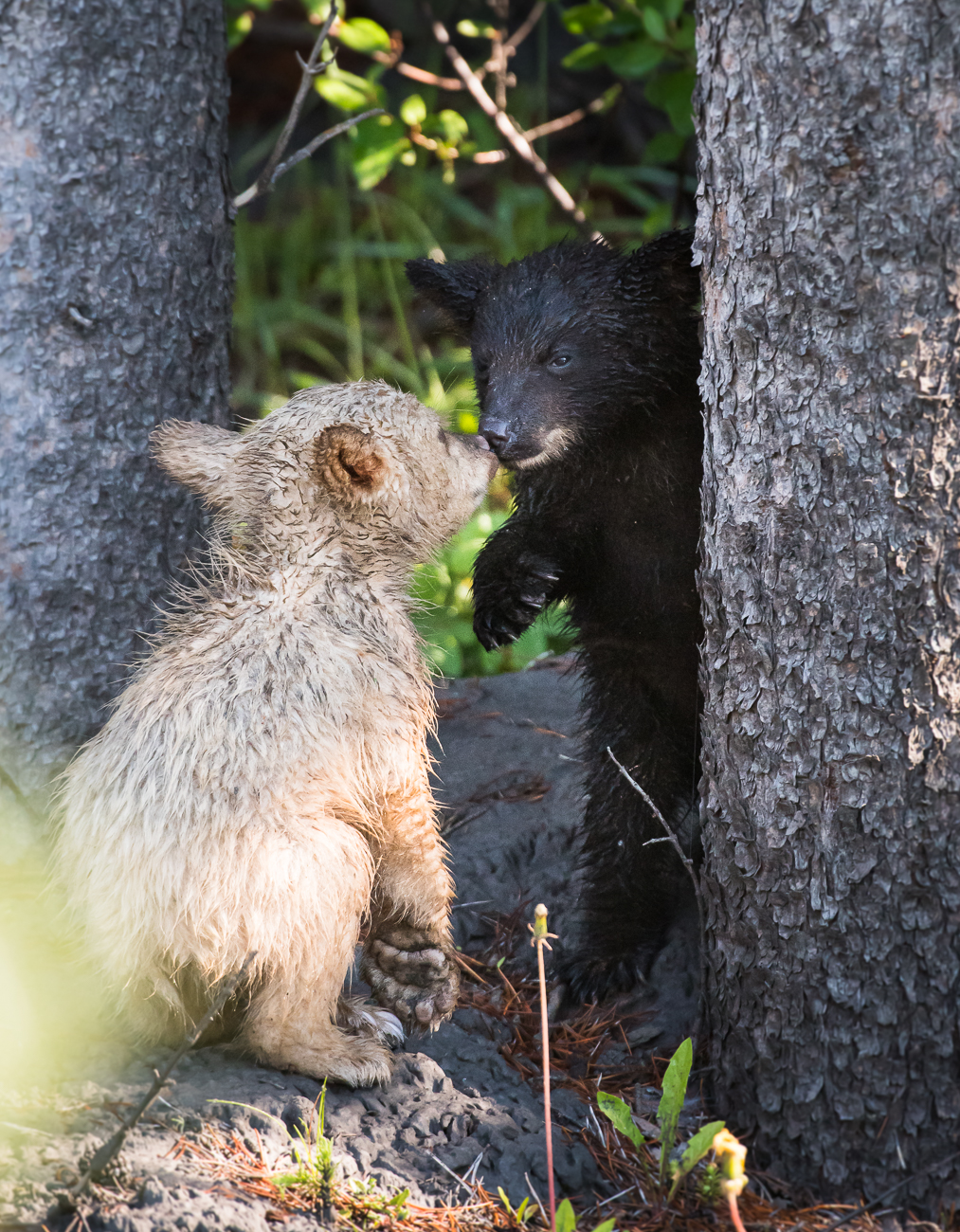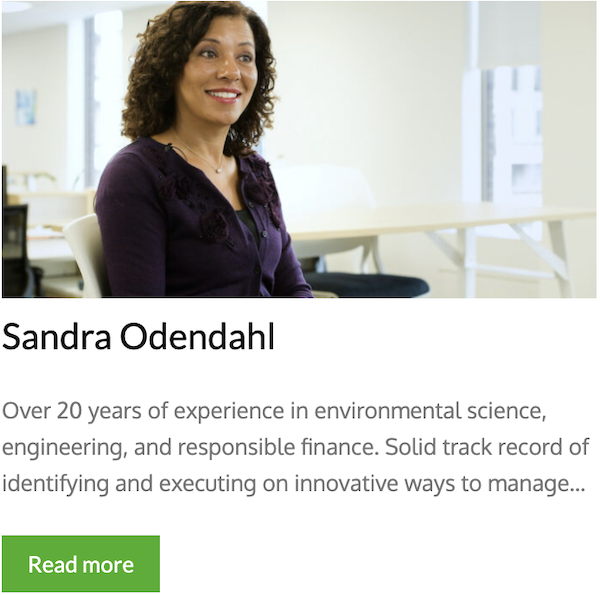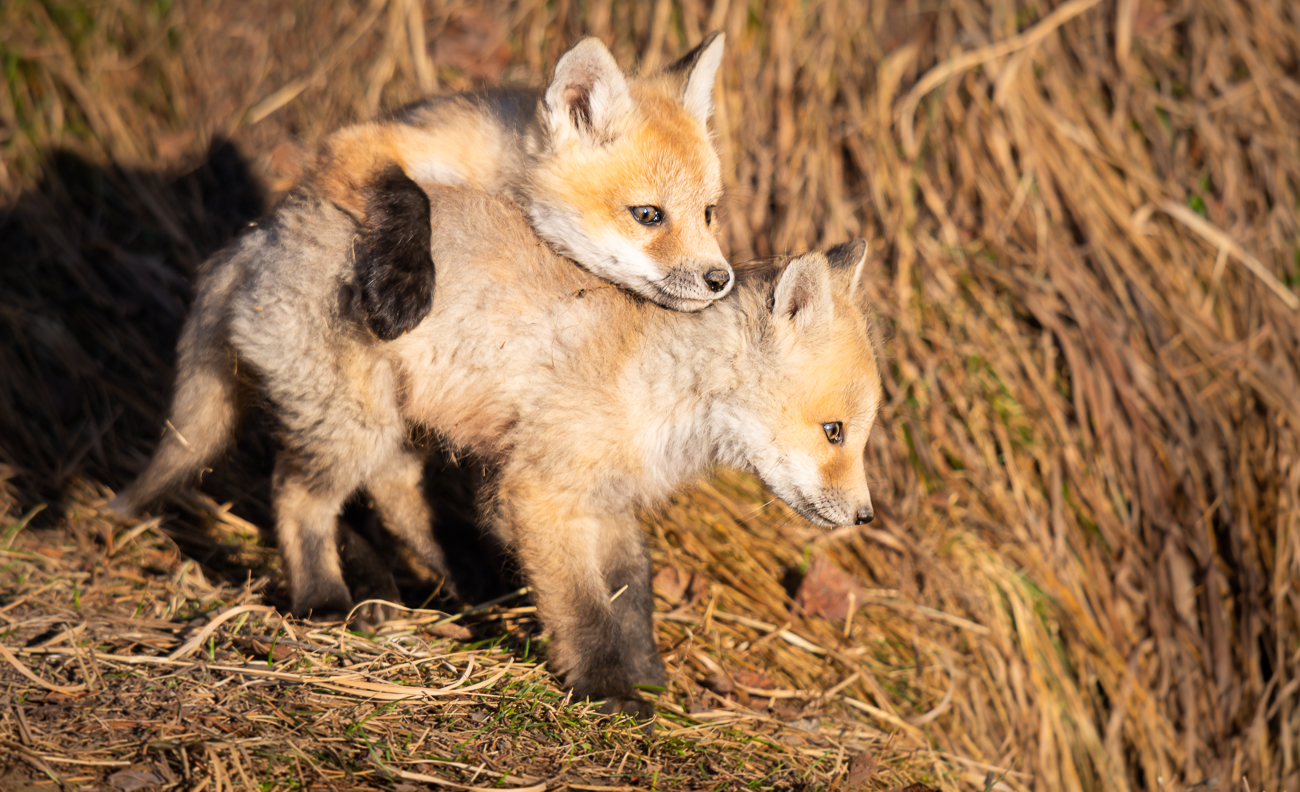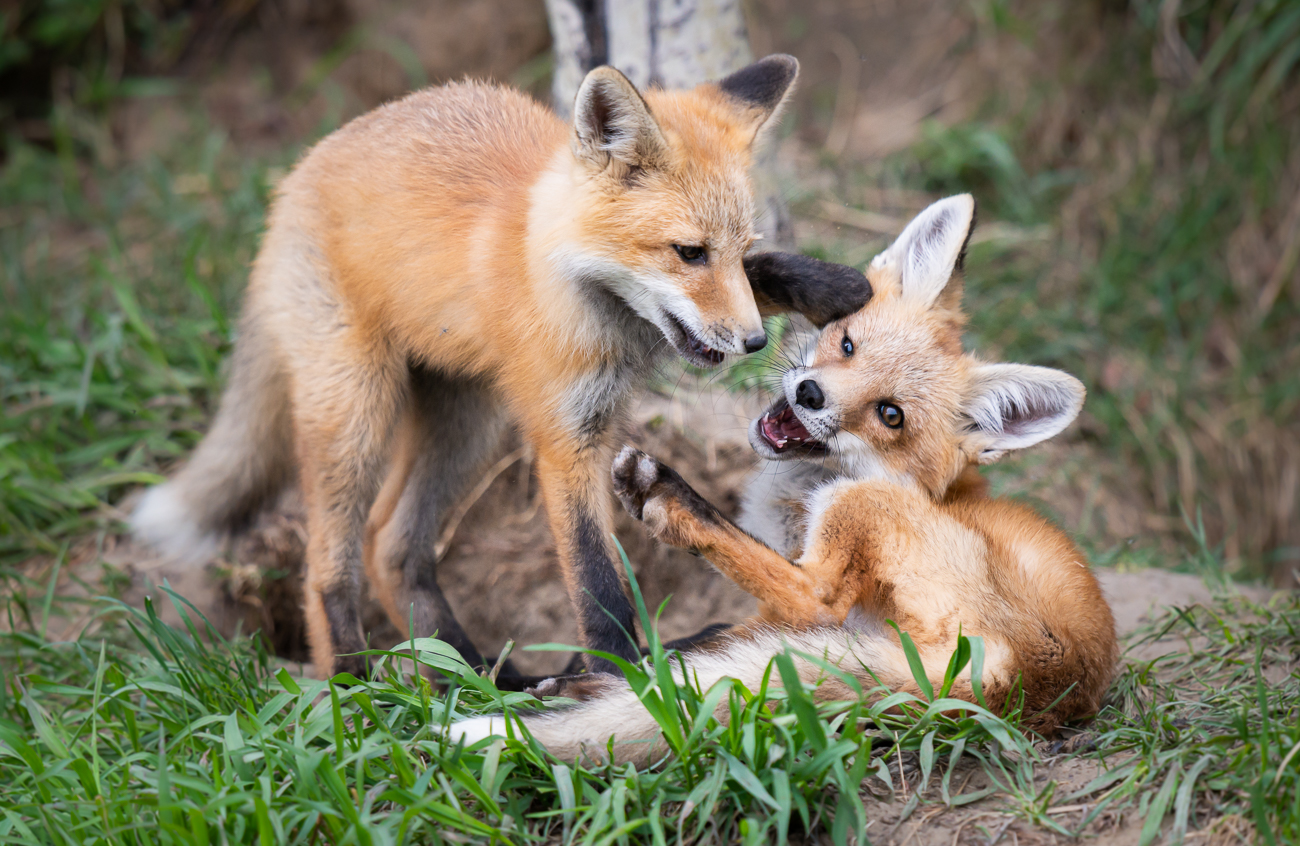keep going
Chapter Ten
 Friends and family are always great resources. But even better? Mentors!
Friends and family are always great resources. But even better? Mentors!
“Fearlessly fail forward. We are going to make mistakes as we move ahead. I know it feels daunting. In actuality, there’s so much incredible work that’s already been done and so many people who’ve faced these questions before you. So, I always encourage people to reach out to those shoulders of giants and to look for the people who’ve done this work a generation before you and five years before you and learn and listen to them for lessons.” – Nikki Sanchez | Indigenous Media Maker
“Engage with elders and engage with peers and engage with your teachers. They will actually give you ideas which you can then narrow down to what you want to focus on. Then determine what outcomes you want.” – Mohnish Kamat | Financial Executive
“You need good teachers. Good teachers are really important.” – Ian Waddell | Former Cabinet Minister
“Young people that want to start things should look for mentors and people that have done some stuff before and not be shy about asking them.” – Bruce Wilkinson | Community Builder
“It’s very scary sometimes when you’re younger and speaking with very experienced colleagues that have been in this work for a long time. But you will find compassion and be inspired to follow what you think is important and what you need to do to make this world a better place.” – Dawn Carr | Environmental Justice Advocate
When we’re in the moment – when we’re in the weeds – it’s difficult to separate the words of pessimists and the small-thinkers from the sound advice of realists and experienced-doers.
We can’t always be trusted to know if we’re one more step – a bit more hustle – away from success, or if we’re doubling-down on a mistake and progressing down a flawed path with a flawed idea.
 “How do you draw in other allies and other resources around you that allow you then to take on board a setback? How do you then turn and draw on other resources and persist so that your goal is something that you work towards or that you learn from and adjust.” – Ian Bird | Philanthropy Champion & Sport Coach
“How do you draw in other allies and other resources around you that allow you then to take on board a setback? How do you then turn and draw on other resources and persist so that your goal is something that you work towards or that you learn from and adjust.” – Ian Bird | Philanthropy Champion & Sport Coach
“It’s a lot easier to get through something if you’ve got other people around you who are similarly committed. And I think I was not always open to help. I was not open to other ways of approaching a particular challenge, which left me feeling very alone.” – Jerry McGrath | Art Innovator
“Without proper support, mentorship, guidance? You can make missteps that are very hard to get back from.” – Karen Kun | Water Advocate & Entrepreneur
Here’s the thing though: To decipher a success from a failure – good failure from bad failure – we must understand the biases and skills – the limitations and context – of our mentors and their advice.
“It’s about finding those allies who are passionate, who are asking those questions, who are well aware that they themselves, despite their age, don’t have all the answers.” – Diz Glithero | Ocean Advocate
“Find some people you trust and not just one or two. You know, a bunch if you can.” – Jane Thompson | Youth Advocate
That’s an important point.
 Like research, for mentorship to be truly effective, we need more than one source.
Like research, for mentorship to be truly effective, we need more than one source.
And by creating a network of mentors, we can then compare and contrast advice to find the best path forward – one that allows us to excel without losing sight of our passion, as financial executive Sandra Odendahl points out.
“Stay connected to other people who are in your field or even doing things that you’d like to be doing. That’s essentially creating a network. You may end up working in something that you don’t feel you can bring your passion to it. But if you stay connected to your passion through your network, eventually, that network of other like-minded people – people whose careers you admire and maybe who you’ve gone out for coffee with or you run into them at events, because you’ve stay plugged into your passion in your in your personal time – eventually it’ll all help it gel for you.”
 Which sounds great, but where to start? How to find the right mentors, especially if our chosen path is less obvious? We asked Dev Aujla.
Which sounds great, but where to start? How to find the right mentors, especially if our chosen path is less obvious? We asked Dev Aujla.
“It begins by looking for models. It begins by looking for models of people who have had non-linear careers.
“And even the people you might imagine who have had a pretty traditional career, if you go and ask them or interview them and you start going down the path of what were their milestones? What were the decisions they made? What else could they have done? How did that end up happening? Honestly, it gets a little murky. Honestly, it doesn’t look like a straight line,” Dev explains.
“It all happened because of a chance meeting or a professor that made a difference or a book that they just read. Whatever it was, there are some dodges and weaves in their path.
“Once you start looking for those models, you realize that a lot of people have walked a similar path as to the one you hope to walk.”
Dev Aujla is the author of 50 Ways to Get a Job and Making Good. He’s also been a mentor and has been the recipient of mentorship. So he understands the importance of getting mentorship right.
“I really believe that you have to listen to people and to their wisdom. And that there’s nothing to say, there’s only space to hold. And when you do that for people, no matter how different they are, they will fill that space and what emerges is really beautiful.”
Dev’s right. But as he explains, though elders and established leaders have wisdom, so to do our peers.
 “I really use these mentors that I call ‘just ahead’ mentors, which are mentors that aren’t the people 20 years ahead. They’re just a peer a couple of years ahead of you. And what’s really remarkable about these people is they’re really accessible. They’re around you all the time, but they also have access to opportunities that are the bridge between where you are currently and where you want to go.”
“I really use these mentors that I call ‘just ahead’ mentors, which are mentors that aren’t the people 20 years ahead. They’re just a peer a couple of years ahead of you. And what’s really remarkable about these people is they’re really accessible. They’re around you all the time, but they also have access to opportunities that are the bridge between where you are currently and where you want to go.”
In other words, we don’t need mentors with differing skillsets, we also need mentors that span generational perspectives.
“Sometimes when you talk to someone that’s 20 years ahead of you, they’re so disconnected from the opportunities that are really going to edge you forward or transform you to what would be your next step along the way. They’re connected to where you’re going in the future.
“It’s great inspiration, but there’s something really wonderful around a group of friends that might be just five years ahead of you, or three years ahead of you, that knows the next entry level job, or the job beyond that, that can help you there. And those are the people to look out for. You don’t have to call them mentors. It kind of scares them off sometimes! But just knowing and looking out for those folks that are three or four years ahead of you, they can really transform your trajectory in a really great way.”
That’s not dishonest. It’s just recognizing that we don’t need official mentor-mentee relationships to ask for help or get advice.
 Mentors and advisers can also be those we disagree with or even rivals.
Mentors and advisers can also be those we disagree with or even rivals.
It’s an idea that was championed by former US President Abraham Lincoln and it’s one that most argue we should emulate.
“You’ve got to surround yourself with different types of people.” – Shawn MacDonell | Creative Director & Hockey Scout
“Choose to be uncomfortable.” – Jerry McGrath | Art Innovator
“Find the people that push you to do things that are uncomfortable. If you’re going to surround yourself with a bunch of people that are comfortable, you’re just going to keep doing the same thing over and over again. You’re never going to take a minute to reflect on whether this is actually what I want to do.” – Shawn MacDonell | Creative Director & Hockey Scout
“If you’re only speaking to people whose views and whose experience mirrors your own, that’s not going to take you very far.” – Hon. Janet Austin | Former BC Lieutenant Governor
“There are some people in business who like to have ‘Yes Men’, ‘Yes Women’ around them. They want to have people that validate whatever point-of-view they’ve got. When I construct a board of directors or board of advisors, I want contrarians there.” – Randall Howard | Angel Investor
“The challenge of finding people who are not like you is pretty overwhelming.” – Jane Thompson | Youth Advocate
“To be honest, sometimes it’s not easy. Sometimes it’s not easy to hear something that’s so opposite to what you’re thinking. And, so, part of growing up and maturing is learning when you should make a U-turn on your thinking and how powerful that can be. But the first time you do it’s probably not that easy.” – Randall Howard | Angel Investor
“You have to lose that fear of engaging with somebody who you don’t know, who you’re just meeting for the first time. Connect and let that go and realize that the majority of people really do want to be helpful.” – Paul McIntyre-Royston | Fundraiser

And maybe they can help turn the kaleidoscope of life and see the world – our challenges – from a new perspective.
After all, by building communities of personal support that span generations and politics and experiences and skills, we can become more resilient.
As we learn and become more resilient, we can understand when to rethink a process and when to just deliver an outcome.
We can understand when to prevent perfect from being the enemy of good and when good simply isn’t good enough.
We can understand when we should “never give in” and when we should.
Usually.